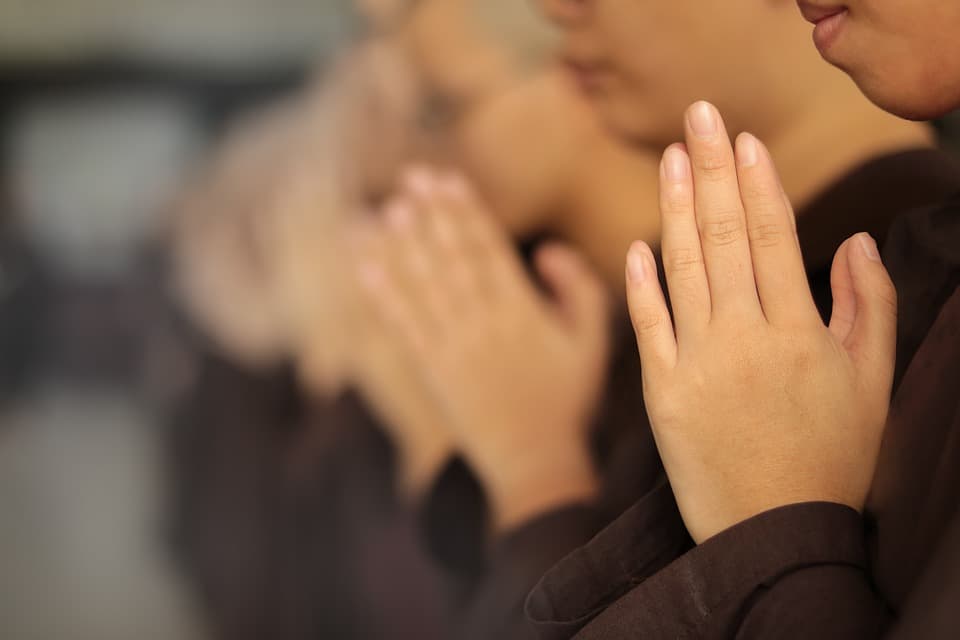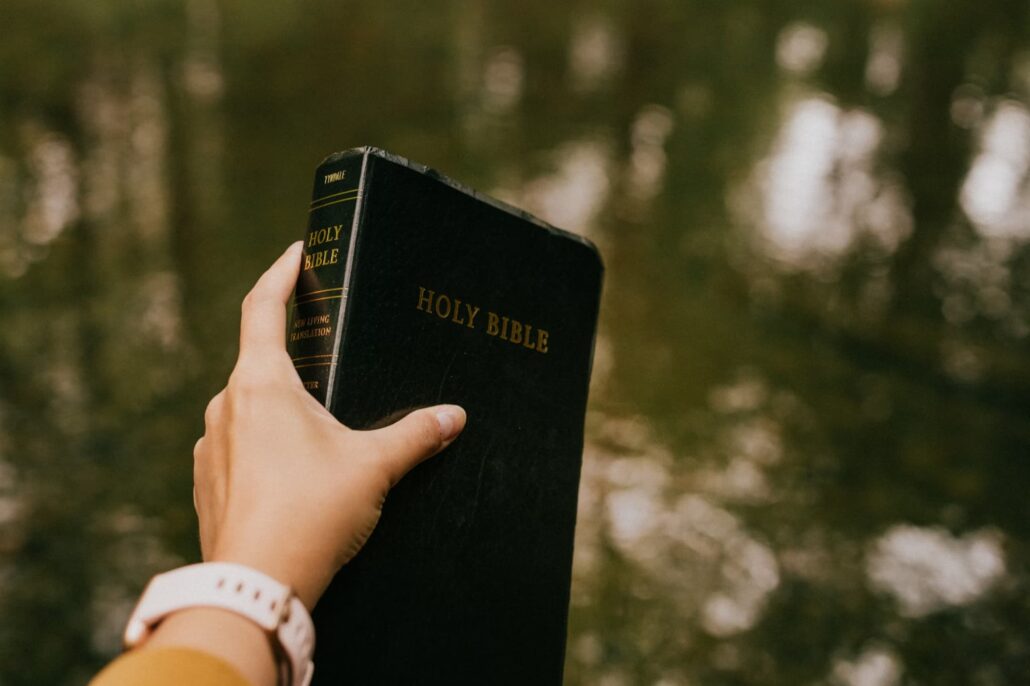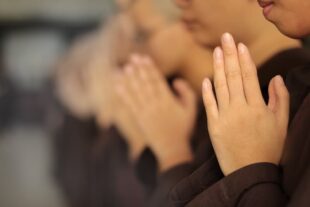
In an era marked by technological advancements, social complexities, and global crises, the search for meaningful solutions to societal challenges has never been more urgent. While policymakers and activists often focus on pragmatic measures, the spiritual dimension, particularly prayer, remains a potent yet underestimated tool. Far beyond its traditional religious roots, prayer today serves as a bridge to inner peace, social cohesion, and actionable change in a fractured world.
Prayer as a Source of Personal Resilience
At the individual level, prayer offers a sanctuary from the chaos of modern life. It creates a mental and emotional pause, allowing practitioners to reflect and realign. Whether spoken aloud, written in journals, or contemplated silently, prayer helps individuals confront personal struggles, which often mirror larger societal issues.
Scientific studies have increasingly highlighted the psychological benefits of prayer, including reduced stress, improved emotional regulation, and heightened feelings of hope. These outcomes are particularly significant in addressing challenges such as the mental health crisis, which has reached unprecedented levels globally. For example, those suffering from anxiety or depression often report that prayer provides a sense of stability, enabling them to better navigate their struggles.
Moreover, prayer fosters resilience by instilling a sense of purpose and connection to something greater. This connection can inspire individuals to rise above their circumstances and channel their energy into positive actions that contribute to broader societal improvement.
Prayer as a Catalyst for Social Unity
On a collective level, prayer acts as a unifying force in an increasingly divided world. Communities gathering in prayer, whether in times of celebration or crisis, demonstrate the power of shared intentions. This unity transcends religious boundaries, as interfaith prayer gatherings have shown. From global pandemics to social justice movements, collective prayer has the ability to galvanize diverse groups around common goals.
Take, for instance, the rise of prayer vigils in response to acts of violence or natural disasters. These gatherings not only provide comfort to those affected but also foster a spirit of solidarity among participants. By coming together in a shared act of vulnerability and hope, individuals are reminded of their shared humanity—a crucial element in addressing societal fractures such as racial inequality, economic disparity, and political polarization.
Furthermore, prayer can inspire cooperative action. Faith-based organizations, often born out of collective prayer practices, are among the most active in humanitarian efforts worldwide. They demonstrate how prayerful intention can translate into tangible solutions for social issues, from feeding the hungry to advocating for systemic reforms.
Beyond Tradition: Prayer in the Modern World

Prayer today extends beyond traditional religious contexts. Secular mindfulness practices, meditative reflections, and even creative expressions like poetry are often imbued with prayerful elements. These adaptations make the essence of prayer accessible to people of diverse backgrounds and beliefs, broadening its relevance in modern society.
For instance, young activists advocating for environmental sustainability or social justice frequently integrate moments of meditation or collective reflection into their campaigns. These practices serve as modern-day equivalents of prayer, fostering focus, resilience, and a sense of interconnectedness among participants.
The digital age has also transformed the landscape of prayer. Online prayer communities, livestreamed vigils, and social media campaigns enable people across the globe to join in prayerful acts. This digital accessibility allows for immediate and widespread participation, proving that prayer’s role in addressing social challenges is both timeless and adaptable.
Prayer’s Role in Cultivating Empathy and Compassion
One of the most profound impacts of prayer is its ability to cultivate empathy and compassion—qualities desperately needed in addressing societal divisions. By inviting introspection and connection to others, prayer can dissolve barriers of prejudice and foster understanding. This transformative power is evident in initiatives where prayer is used as a tool for reconciliation, such as interfaith dialogues or peace-building efforts in conflict zones.
For example, during times of political unrest, prayer groups often serve as spaces where diverse individuals come together to find common ground. The act of praying for shared goals or mutual well-being fosters an emotional bond that transcends ideological differences. This heightened empathy can lead to more constructive dialogue and cooperative problem-solving, paving the way for systemic change.
In addition, personal prayers often include petitions for others, encouraging practitioners to consider the needs and suffering of those outside their immediate circles. This outward focus helps shift perspectives from self-centered concerns to broader social responsibilities, making prayer a quiet yet powerful driver of altruism.
Conclusion: Prayer as a Tool for Transformation
In navigating the complexities of the 21st century, prayer offers a multidimensional approach to overcoming social challenges. It begins with individual transformation, equipping people with resilience and clarity. It expands to collective action, fostering unity and inspiring change. Whether practiced in solitude, within faith communities, or through secular adaptations, prayer remains a powerful force for addressing the most pressing issues of our time.
As we face an uncertain future, perhaps the greatest gift of prayer is its ability to remind us of our shared humanity and boundless potential for positive change. By embracing prayer not just as a spiritual act but as a catalyst for transformation, we unlock a profound resource for healing our world.
Ultimately, the practice of prayer—in its many forms—serves as a reminder that no challenge is insurmountable when approached with intention, compassion, and collective resolve. The call to prayer is, at its heart, a call to action, urging us to build a more connected and just society for generations to come.





